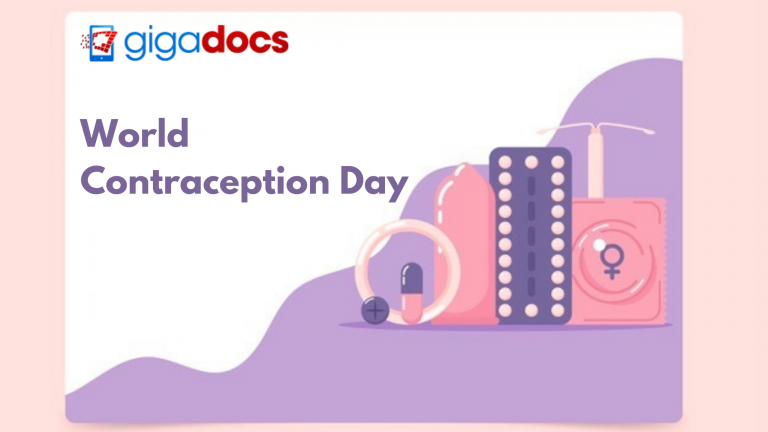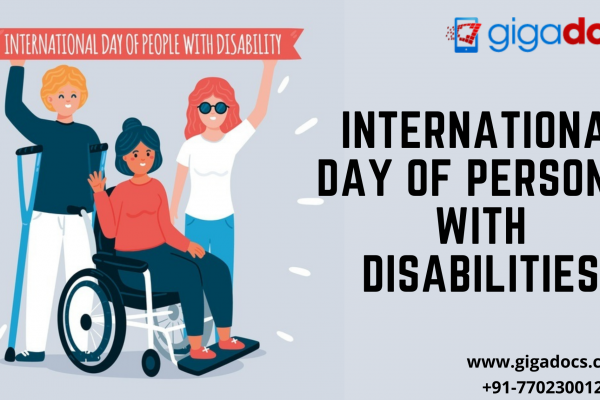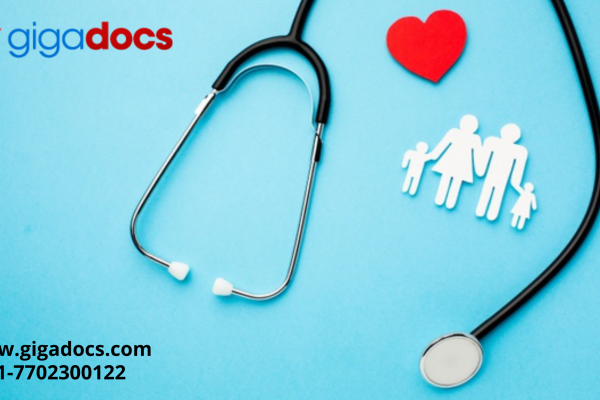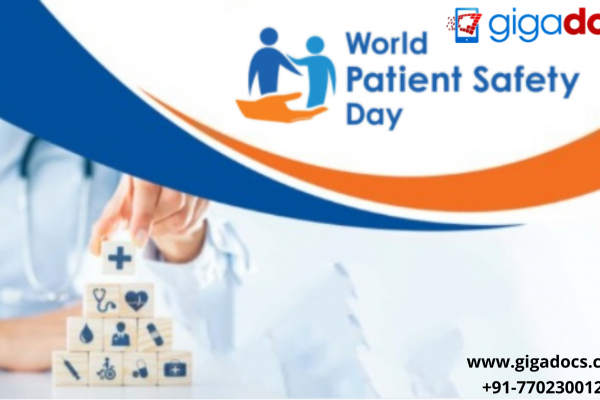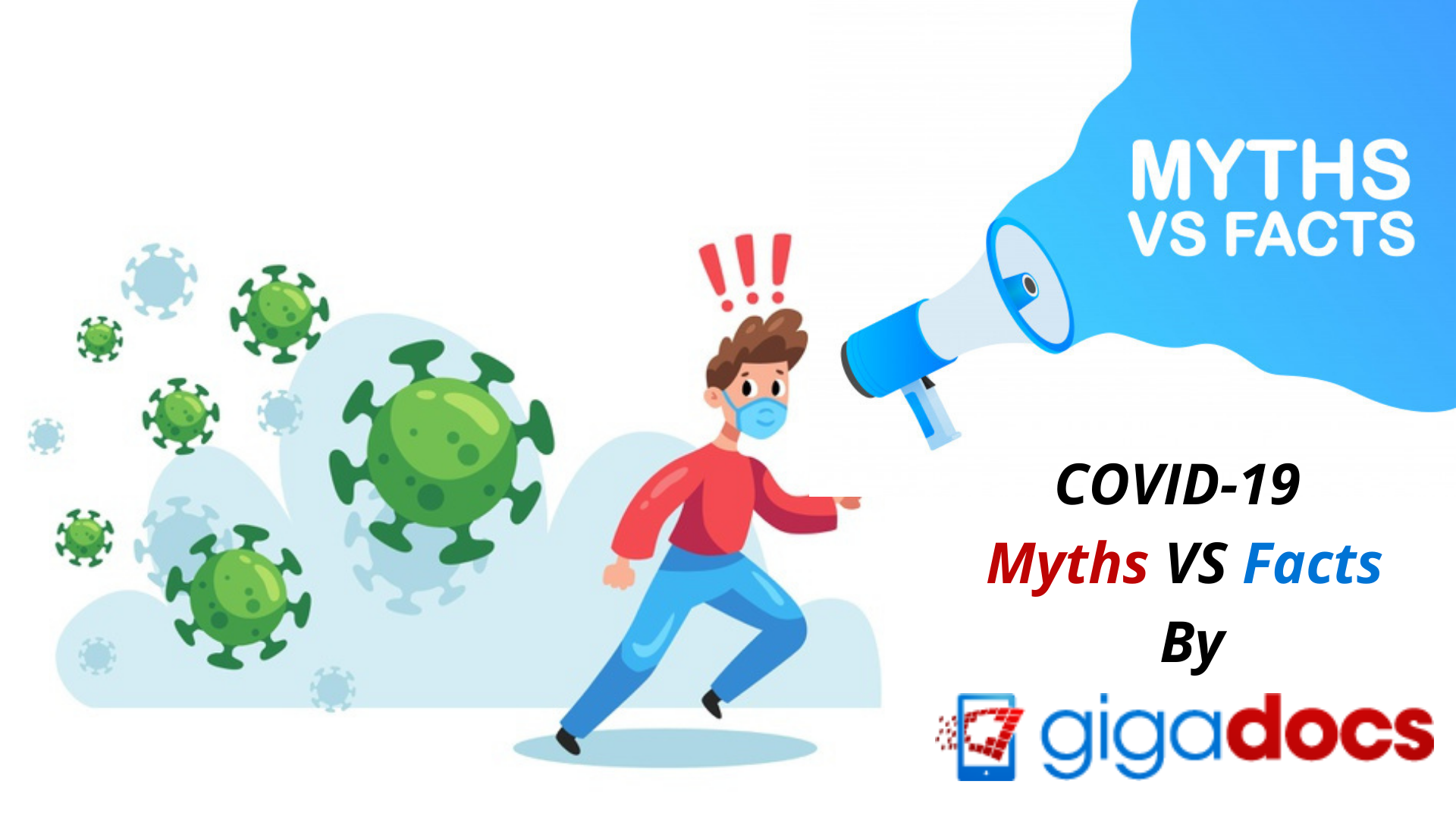The right to contraception access, family planning, and other reproductive care is every woman’s basic human right. There is no better opportunity to recognize the importance of family planning in people’s lives all around the world than on September 26th, World Contraception Day, and September 28th, International Safe Abortion Day.
What are Contraceptives
Contraceptives allow women and young girls to choose whether or not to become pregnant, the number and spacing of their children, and a stress-free life without the risk of unplanned pregnancies. Furthermore, contraception enhances women’s socioeconomic prospects and expands academic possibilities for adolescent girls.
How does Contraceptive Help?
An unplanned pregnancy can be very dangerous to a woman’s health; besides, it can increase the risk of HIV, Sexually Transmitted Infections (STIs), and AIDS. HIV affects 19.6 million (Source) women and girls worldwide. Furthermore, that over a million cases of STIs (Source) develop every day around the world. Cervical cancer, infertility, poor pregnancy, premature births are all risks associated with STIs. Given the prevalence and hazards of HIV, AIDS, and STIs, efficient and comprehensive preventative efforts are more critical than ever.
Access to Contraceptives
Today, more women around the world are adopting contraception than ever before. Despite significant advances in promoting family planning in recent decades, contraception availability remains insufficient and inconsistent.
Consider the following: According to WHO figures, one out of every ten women of childbearing age have an unmet need of family planning measures, and over 200 million women who want to avoid pregnancy do not use modern contraception due to several reasons.
Contraception use varies by geography, but women in low- and lower-middle-income nations, such as India, face greater difficulty in addressing their contraception needs.
Furthermore, access to contraception is challenging for women from all walks of life, especially immigrants, women with disabilities, and women from low-income segments who face multiple forms of discrimination in their workplace and personal life.
Covid Pandemic and Contraceptive Use
As a consequence of the Covid Lockdown, women and adolescent girls are at an increased chance of acquiring unplanned and unsupportable pregnancies. In the first six months of the Covid lockdown, the UNFPA statistics estimate 31 million increased incidences of gender-based violence alone. (Source) Twelve million women had lost access to contraception, and 1.4 million unintended pregnancies occurred in 115 low and middle-income countries, including India.
Observing World Contraception Day and International Safe Abortion Day
Every year on September 26th, World Contraception Day, and on September 28th, International Safe Abortion Day is observed. Both days are important global campaigns that promote birth control knowledge and encourage better sexual and reproductive health awareness.
Access to Safe Abortion
Access to safe abortion is a critical health requirement. Unsafe abortion translates to violation of women’s and girls’ human rights; it is responsible for 13% of all maternal deaths worldwide (Source), with hundreds of thousands of survivors suffering from long-term consequences such as infertility and severe pain. With 121 million unplanned pregnancies each year (Source) – and just a few countries offering legal or safe abortion – far too many women and girls who do not want to become parents are forced to do so. This is not just a denial of their freedom, but it could also have massive repercussions for their mental health and access to opportunities to fulfill their aspirations.
Women’s Health and Contraception Choices
The choice of motherhood is becoming increasingly and more popular among women all over the world. The usage of contraception has a significant impact on women’s health- A key component of physical, mental, and social well-being, contraception and safe abortion methods save women’s lives worldwide from the dangers of unintended pregnancy. Besides, contraception and safe abortion methods also add to infant and child survival rates.
The Right to Abortion and Contraception
- Life-Saving- An estimated 22,000 women die each year from unsafe abortions (Source). Contraception measures save lives because one in every four pregnancies in the world ends in abortion.
- Promotes Healthy Living- The WHO estimates that treating severe implications arising from unsafe abortion costs $550 million per year (Source). In addition, women and girls who don’t have a say when they want to have children are generally unable to obtain an education or pursue a career and may find it difficult to support large families.
- Supports Health Care- The choice to safe contraception and abortion transforms healthcare by giving females the ability to make choices. This empowerment fosters social and economic development, allowing people to exercise their rights while easing healthcare institutions’ strain.
Reproductive Health Teleconsultation on Gigadocs
Telemedicine has proven to be effective in a variety of reproductive health situations, including safe abortions, sexually transmitted infection (STI), and hormonal imbalance consultation. Telemedicine has a great role to play in bolstering reproductive health and expanding inclusive healthcare access for women.
Gigadocs digital healthcare services offer a broad range of gynecologic and obstetric services via telemedicine and video consultation, including contraception, medication abortions, STI care, and prenatal care. We welcome women to reach out to expert obstetrics & mental health specialists on the Gigadocs app from the privacy of your home.
Gigadocs supports World Contraception Day and the International Safe Abortion Day
Download the Gigadocs app for Reproductive Health Teleconsultation:
- IOS App – apple.co/2W2iG4V
- Android App – bit.ly/33AQoRC
To know more and schedule a Virtual Consultation demo, e-mail, at info@gigadocs.com
